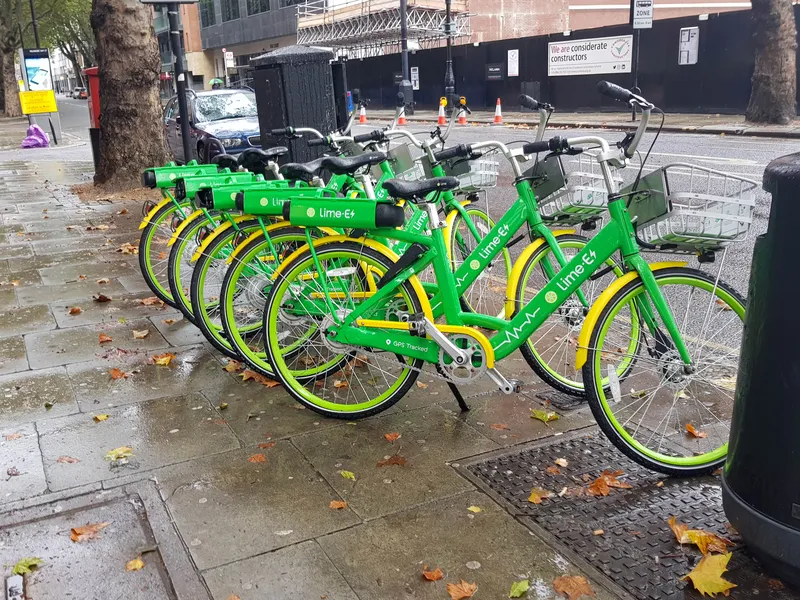
Background
The metropolitan area of Milan comprises around 4 million inhabitants and is the centre of the polycentric Lombardy region. Milan also has one of the highest rates of car ownership in the world, with 550 cars recorded per 1,000 citizens at the end of 2009. The high reliance on car use for travel in Milan, together with adverse geoclimatic conditions, results in high pollution levels.In January 2008 the Mayor of Milan, Letizia Moratti, launched the Ecopass programme, a traffic pollution charge implemented as an urban toll for certain motorists travelling within a designated traffic restricted zone corresponding to the historic central area called Cerchia dei Bastioni, which covers around 8.2 km2.
The charging scheme is controlled by 43 toll gates, from 7.30am to 7.30pm, Monday to Friday. Ecopass is not a congestion pricing programme, like those implemented in London and Stockholm, but rather a variation of these: it was designed with the aim of targeting and charging the most polluting vehicles only, while drivers of green vehicles (cng, lpg, electric and hybrid) pay nothing and residents have some special rates.
Tariffs depend on the engine emission class by type of vehicle. For instance, car drivers pay 10 for a day ticket if they own an Euro 0 diesel car; but only €2 for Euro 1, 2 gasoline cars. The system is based on Automatic Number Plate Recognition (ANPR) technology. Cameras installed at each gate read plates so that the corresponding pollution standard is recorded and the charge is calculated.
Costs and benefits 2008-2009
The operating costs involved in implementing the Ecopass programme in the first year were around €6.5 million, while revenues were around €11.5 million, made up of Ecopass payments only. However, the real benefits to Milan were derived from reducing congestion and pollution through the program.On average, car trips entering the city centre decreased by 14.4%, in the first year after the introduction of Ecopass. This was clearly reflected in a reduction of PM10 (-23%) and CO2 (-15%) inside the charging area. Car traffic outside of the central area also decreased, by 3.4%. There was a societal benefit through better takeup of public transport in the city: the Milanese public transport company registered a pronounced increase in passengers using the Metro (+6.2%) but also in total on the whole network in the area (+5.7%).
Project:
Cut traffic pollution and congestion in Milan, Italy
Operating Cost 2008-2009:
€6.5 million approx
Benefits:(first year)
•Toll revenues €11.5 million in 2008
•14.4% fewer car trips in target area
•Pollution cut by 23% PM10 and 15% CO2
•Increased use of public transport
•Dramatic increase in green vehicle useIn 2010 the pollution charging system started to lose its benefit over time because of the renewal of the vehicle fleet. Now, 80 per cent of the vehicles entering the traffic restricted zone do not have to pay any charge because they meet the required air quality standard. This has reduced the toll revenues to €10 million in 2009 and around €8 million in 2010, and the level of congestion has therefore increased by 1.8 per cent during the first 6 months of 2010 compared to the previous period in 2009.










